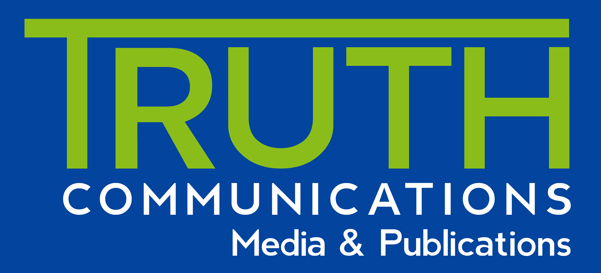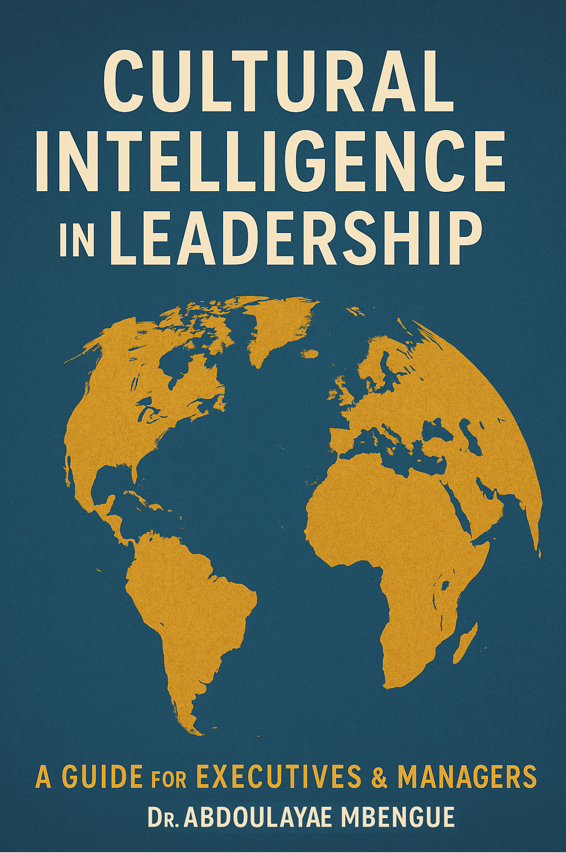Description
Author: Dr. Abdoulaye Mbengue
Cultural Intelligence A Guide for Executives and Managers
In an increasingly interconnected world, the ability to lead across cultures is no longer a luxury; it is a necessity. The modern leader operates globally, where teams, clients, and stakeholders come from diverse cultural backgrounds. Success in this environment demands more than technical expertise or traditional leadership skills; it requires cultural intelligence (CQ). Cultural intelligence is the ability to relate and work effectively across cultures, understand and adapt to different norms, values, and behaviors, and bridge divides to foster collaboration and innovation.
The importance of cultural intelligence cannot be overstated. As businesses expand globally, remote work connects people across continents, and societies become more multicultural, leaders face unprecedented challenges and opportunities. Misunderstandings arising from cultural differences can lead to conflict, inefficiency, and missed opportunities. On the other hand, leaders with high levels of cultural intelligence can harness the power of diversity to drive creativity, build stronger relationships, and achieve extraordinary outcomes.
However, the current global climate is marked by the resurgence of nationalist ideologies, ethnocentrism, and extremism. These trends threaten to undermine the progress made toward inclusivity
Cultural Intelligence in Leadership: A Guide for Executives & Managers and global collaboration. Nationalist movements often emphasize the superiority of one’s own culture, leading to exclusionary policies and practices that alienate diverse groups. Likewise, ethnocentrism, the belief in the inherent superiority of one’s ethnic group, further exacerbates these divisions, creating barriers to effective communication and collaboration. Extremism, whether political, religious, or cultural, exacerbates these tensions, often leading to conflict and social fragmentation.
In this context, cultural intelligence emerges as a critical tool for leaders navigating these complexities. It enables leaders to counteract the negative effects of ethnocentrism and nationalism by fostering empathy, understanding, and respect for diverse perspectives. By developing CQ, leaders can build bridges across cultural divides, promote inclusivity, and create environments where all individuals feel valued and empowered to contribute.
This book guides leaders and managers who aspire to thrive in today’s complex and multicultural reality. Whether you are leading a global team, expanding into new markets, or navigating a diverse workplace, the principles and practices of cultural intelligence will empower you to build trust, inspire others, and drive meaningful results. We will explore the four dimensions of CQ—cognitive, emotional, physical, and behavioral—and how they work together to create a holistic approach to cross-cultural leadership.
You will learn how to develop and apply your cultural intelligence in your leadership journey through practical strategies, real-world examples, and reflective exercises. As you read this book, you will gain the tools and insights needed to lead with confidence, empathy, and adaptability in an ever-changing world. The journey to cultural intelligence begins here—let’s take the first step together.
About the Author
Dr. Mbengue has a doctorate of Education in Organizational Leadership from Northcentral University, a master’s degree in Applied Economics from the University of Michigan (UOM), and a master’s degree in Business Management from the University Cheikh Anta Diop (UCAD). He is a certified executive and business coach with over two decades of worldwide corporate management experience in the United States, Africa, and the Middle East. He is the founder and CEO of Xelkom Group, Dean of Business at Osiri University, and the Director General for the World Conference of Mayors, Inc. (WCM).
He coaches CEOs, entrepreneurs, and small and medium-sized business owners on leadership development, strategic management, team building, and innovation. Dr. Mbengue also facilitates seminars, workshops, and training on the most up-to-date leadership and management concepts. As a university educator, he introduced leadership and strategy courses into the master’s and PhD programs at University Cheikh Anta Diop (UCAD) and contributed to creating the master’s degree in development practice (MDP) at UCAD.
He was the principal trade and investment adviser for the United States Agency for International Development (USAID) in Senegal. He was key in establishing programs to boost exports and foreign direct investment and recommending critical trade and investment policy reforms.
As a marketing manager and global market analyst for the company’s headquarters, he contributed to the development and execution of General Motors’ global strategy in the SUV and crossover segments. Today, General Motors is a market leader in the crossover segment, and the Cadillac SRX won the best luxury SUV in 2004, 2005, and 2006.
As an independent business consultant, he aided small and medium-sized enterprises (SMEs) in designing and implementing strategic plans for African Diaspora organizations. While working for Performance Management Consulting Group, he participated in the needs assessment of the New Economic Partnership for Africa’s Development (NEPAD) program and contributed to the 2005 African Union strategic plan, which established the framework for the African Union’s 2063 Agenda.
Dr. Mbengue is highly active in the African Diaspora. He is the founder and chairperson of the Private Sector Advocacy Foundation and former President of Foundation Khadimu Rassul of Michigan, an Islamic Faith-Based organization.
The Dr. Mbengue coaching model demonstrates its efficacy in executive coaching. Executive Coaching offers an efficient, high-impact approach, enabling accomplished individuals in leadership positions to enhance their performance sustainably.
This effectiveness is achieved without invasive methodologies, extensive external teams, or protracted reports. The process revolves around concise meetings, typically lasting one hour, during which the coach and client collaboratively unearth significant insights, achieve clarity and focus, and make performance-enhancing decisions.
Moreover, coaching strives to augment individuals’ capabilities and effectiveness. As Galileo famously articulated, “You cannot teach people anything; you can only help them discover it within themselves.”




Reviews
There are no reviews yet.